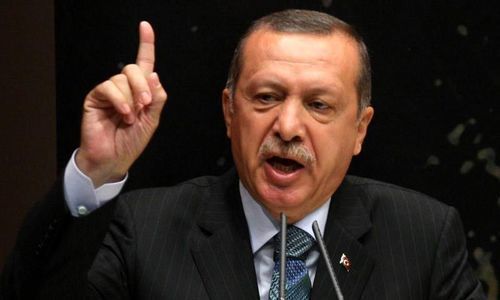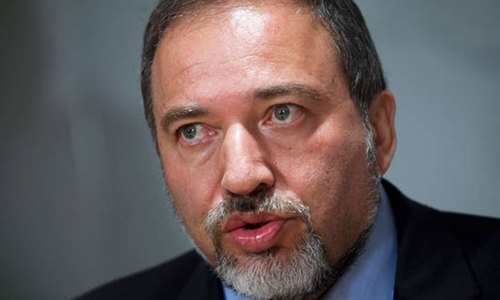Turkey on Thursday accused Israel of racism and becoming a state based on apartheid after a new law was adopted by the Israeli parliament defining the country as the nation state of the Jewish people.
The legislation, adopted after a tumultuous Knesset session, makes Hebrew the country's national language and defines the establishment of Jewish communities as being in the national interest.
Arabic, previously considered an official language, was granted only special status.
“We reject the Israeli government's efforts to establish an apartheid state,” President Recep Tayyip Erdogan's spokesman Ibrahim Kalin wrote on Twitter, referring to the segregation of blacks and whites in white-ruled South Africa.
He condemned the law as a “racist step”, describing it as an effort to “legally erase” the Palestinian people “from their homelands”.
“We call on the international community to respond to this injustice that takes place in front of the eyes of the whole world,” Kalin wrote.
Also read: View from abroad: Burying the two-state solution
This law “tramples on the principles of universal law and disregards the rights of the Palestinian citizens of Israel,” the Turkish foreign ministry added in a statement.
“The fact that the law presents the right to auto-determination as a right that only applies to Jews is the product of a mentality that is outdated and discriminatory,” it said.
Arab citizens account for some 17.5 per cent of Israel's more than eight million population. They have long complained of discrimination.
The Turkish foreign ministry called for the “necessary response” from the international community to the law, which it said was aimed at eliminating the vision of a two-state solution.
The issue is the latest source of tension between Israel and Turkey, one of the Jewish state's few key Muslim partners.
Ankara ordered out Israel's ambassador in May over the killing of protesters along the border with the Gaza Strip.
The strains have threatened a 2016 deal on normalising ties after the crisis sparked by the May 2010 deadly storming of a Turkish ship by Israeli commandos.
Erdogan regards himself as a champion of the Palestinians and has twice held summits in recent months of Muslim states to denounce the recognition by the United States of Jerusalem as Israel's capital.
But analysts note that behind the rhetoric economic ties remain strong, with trade robust and both sides interested in the export of Israeli energy resources to Turkey.















































